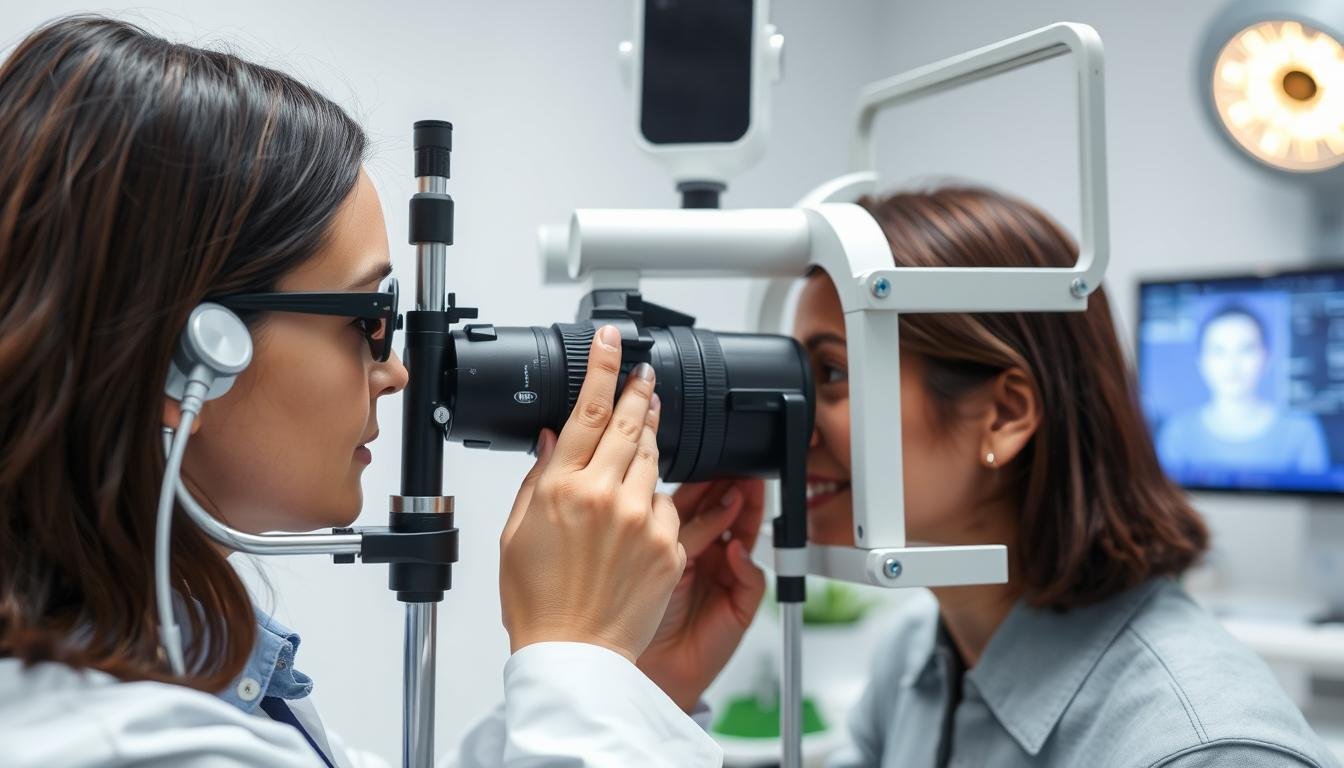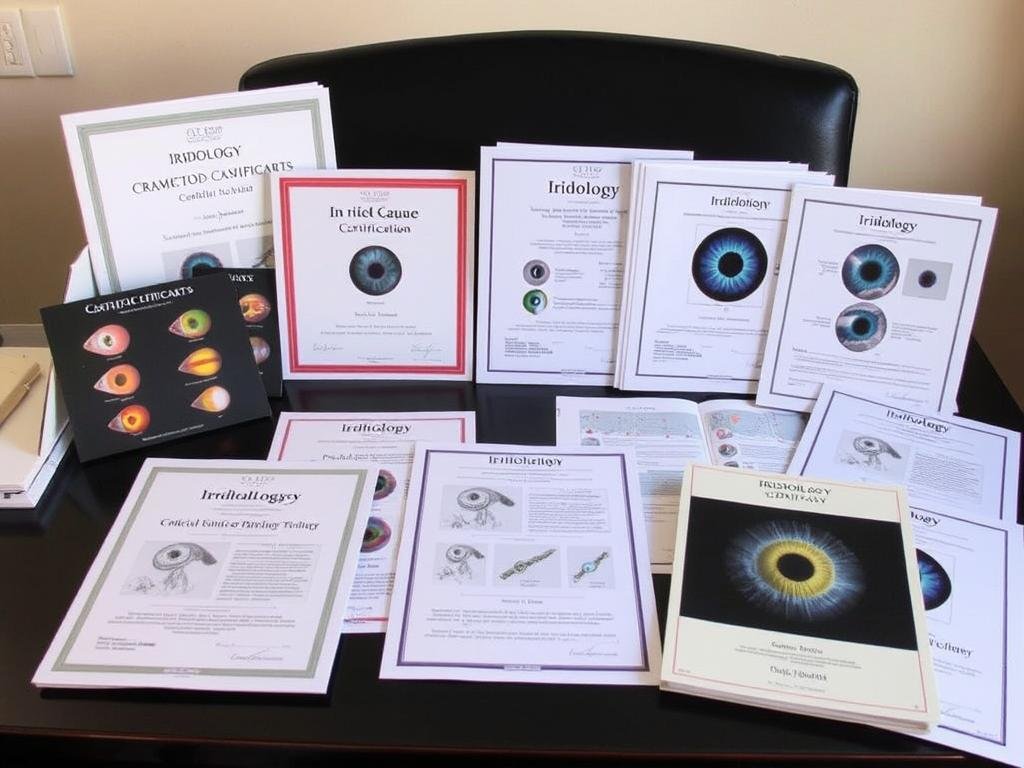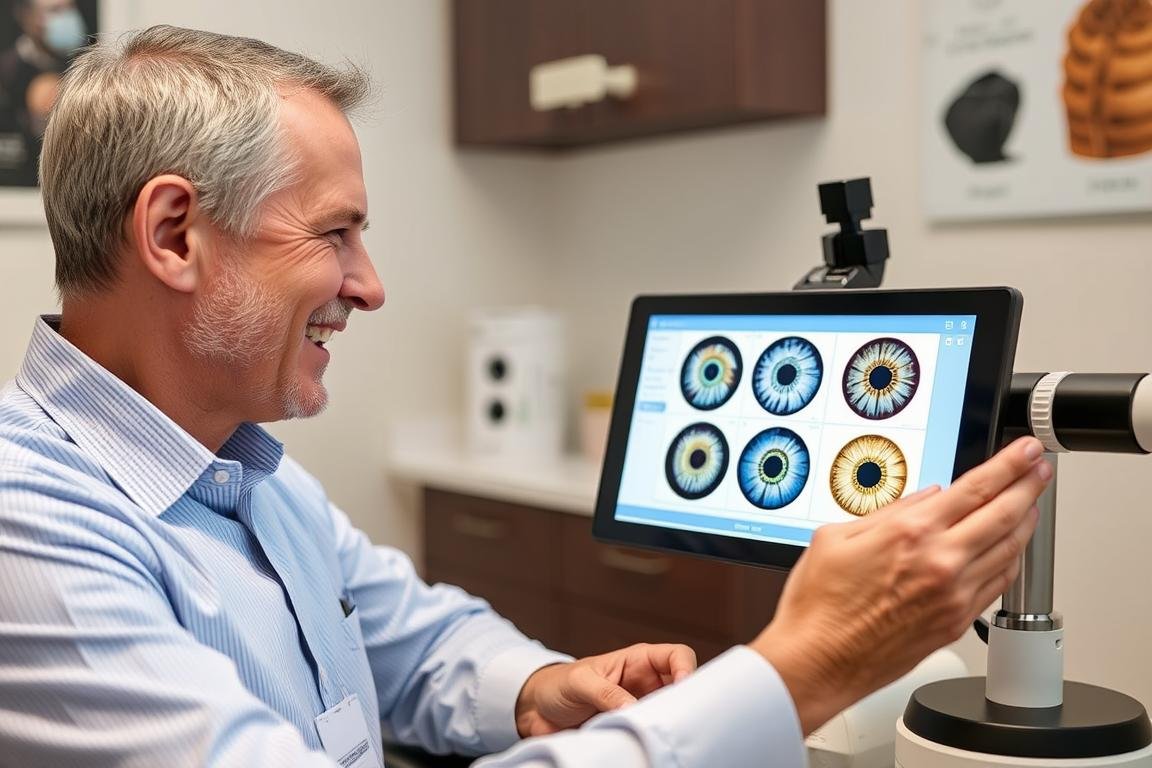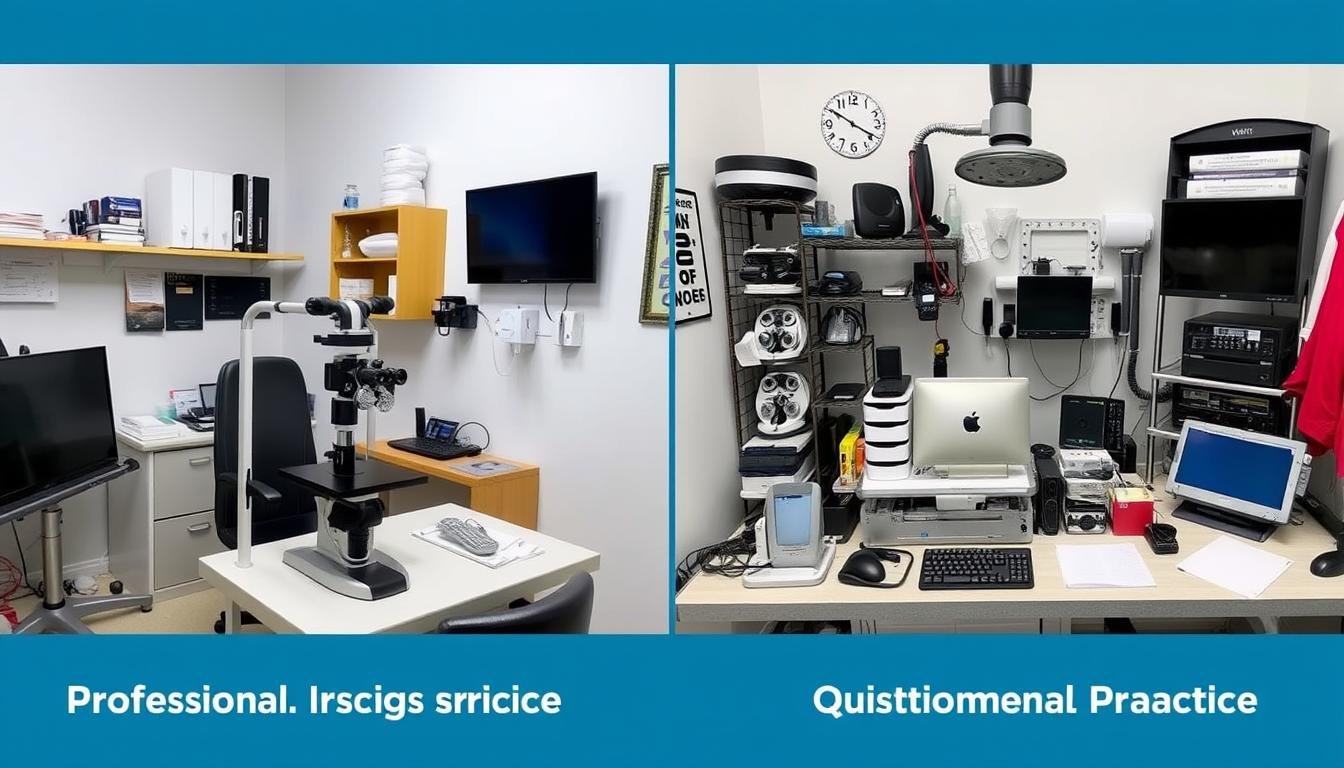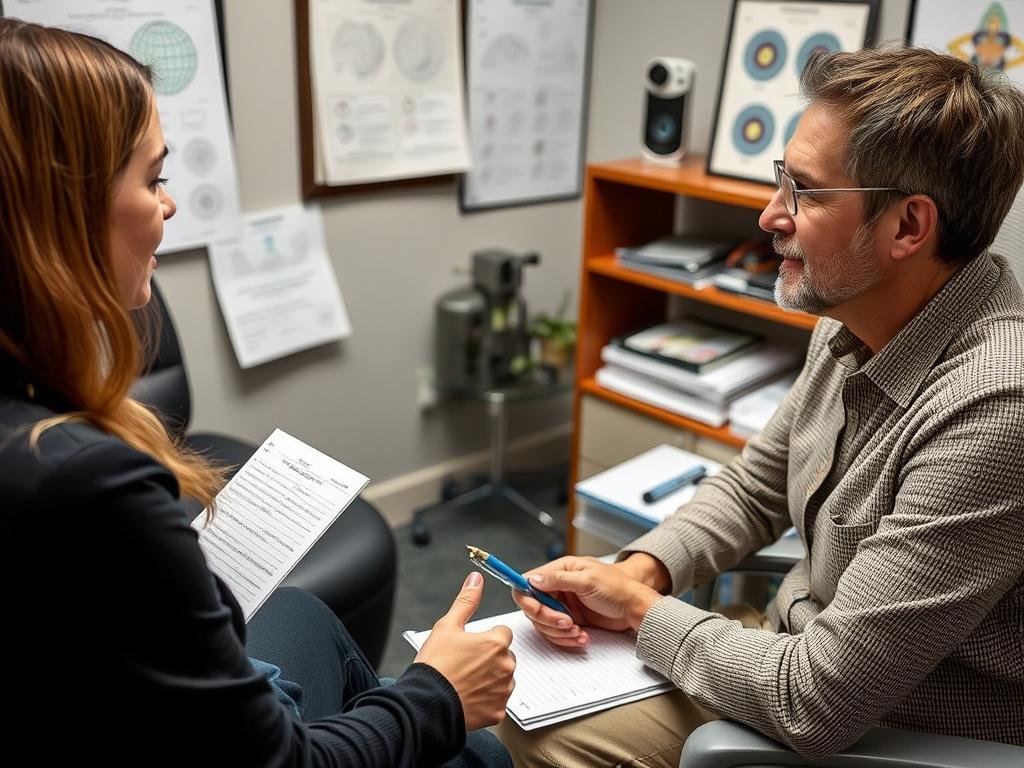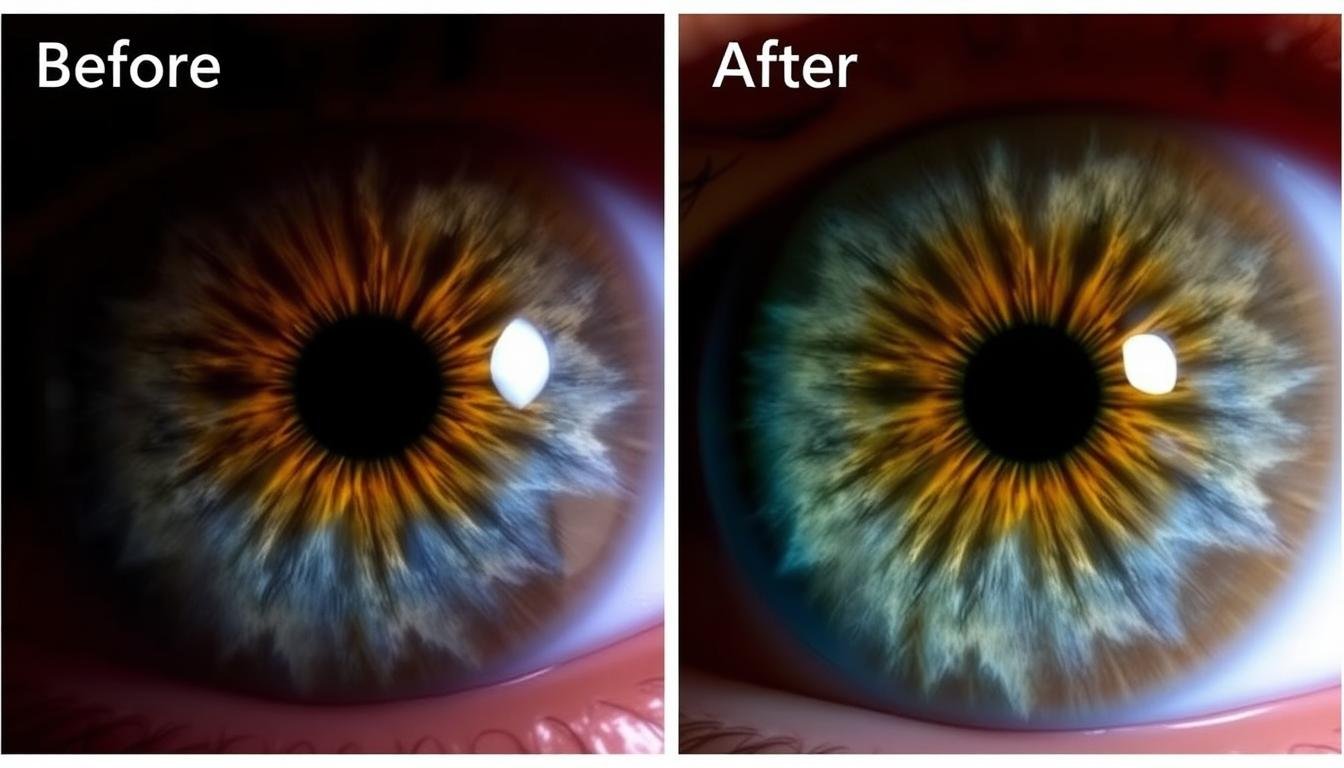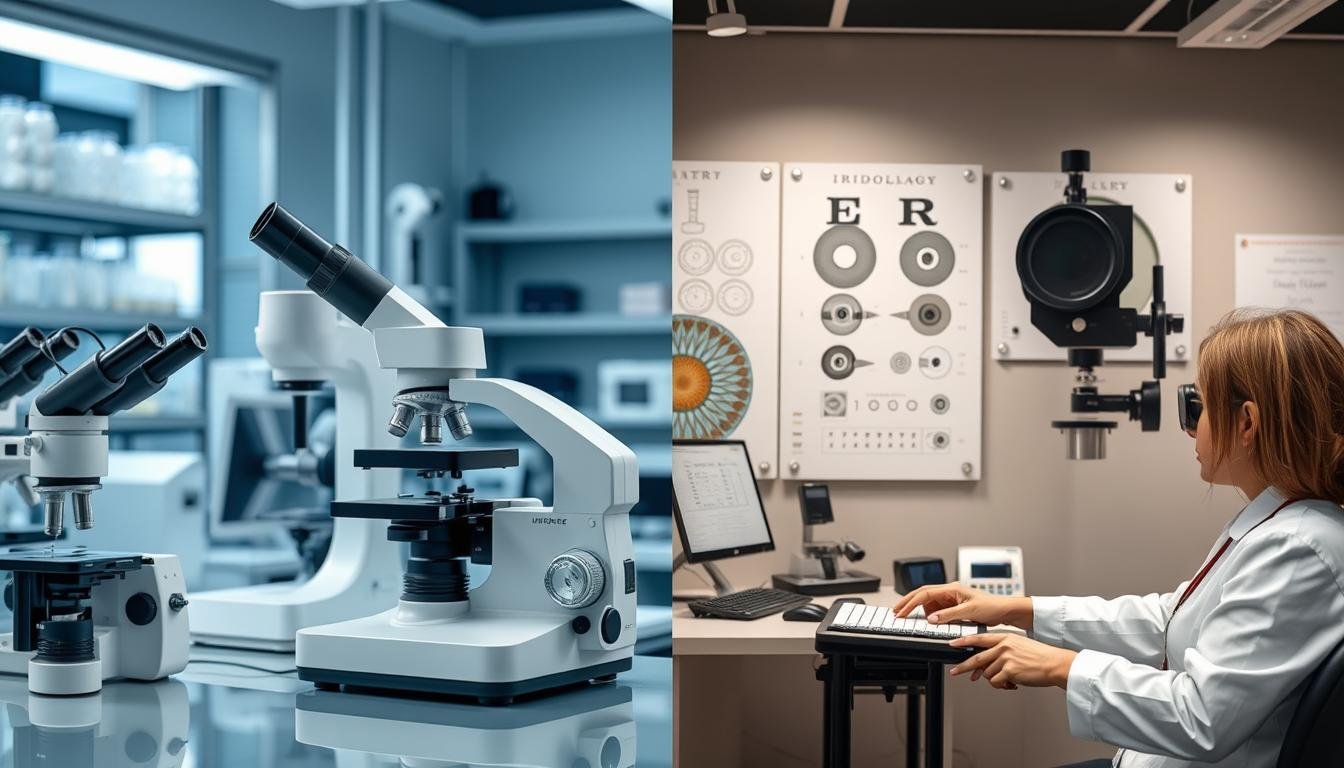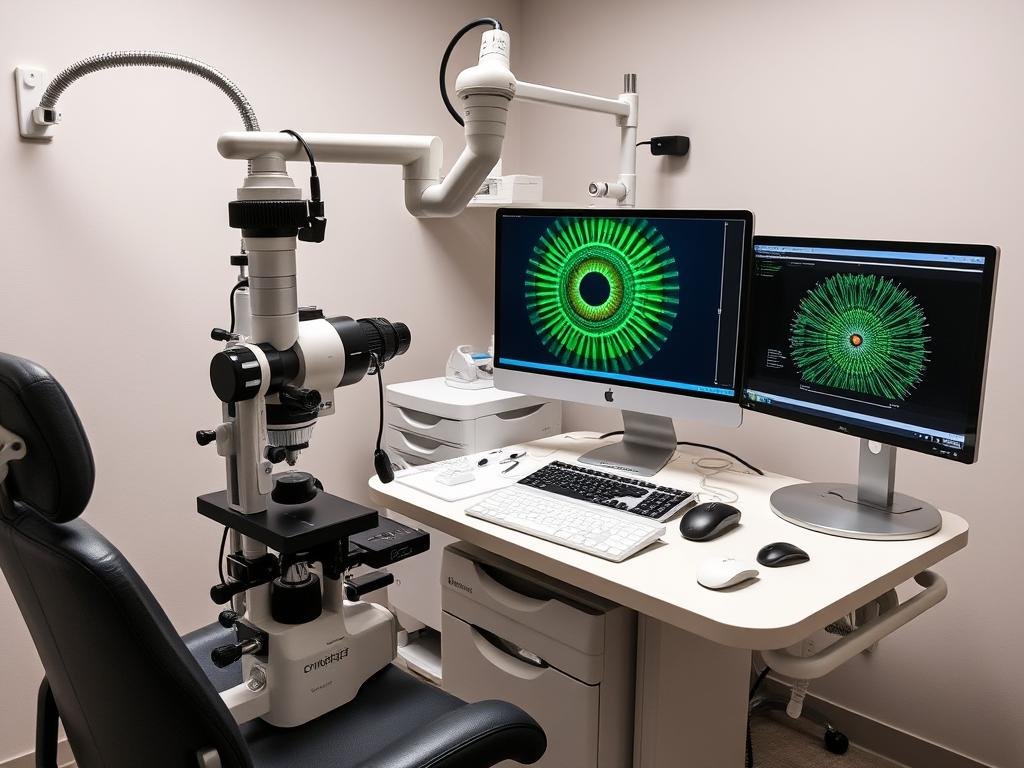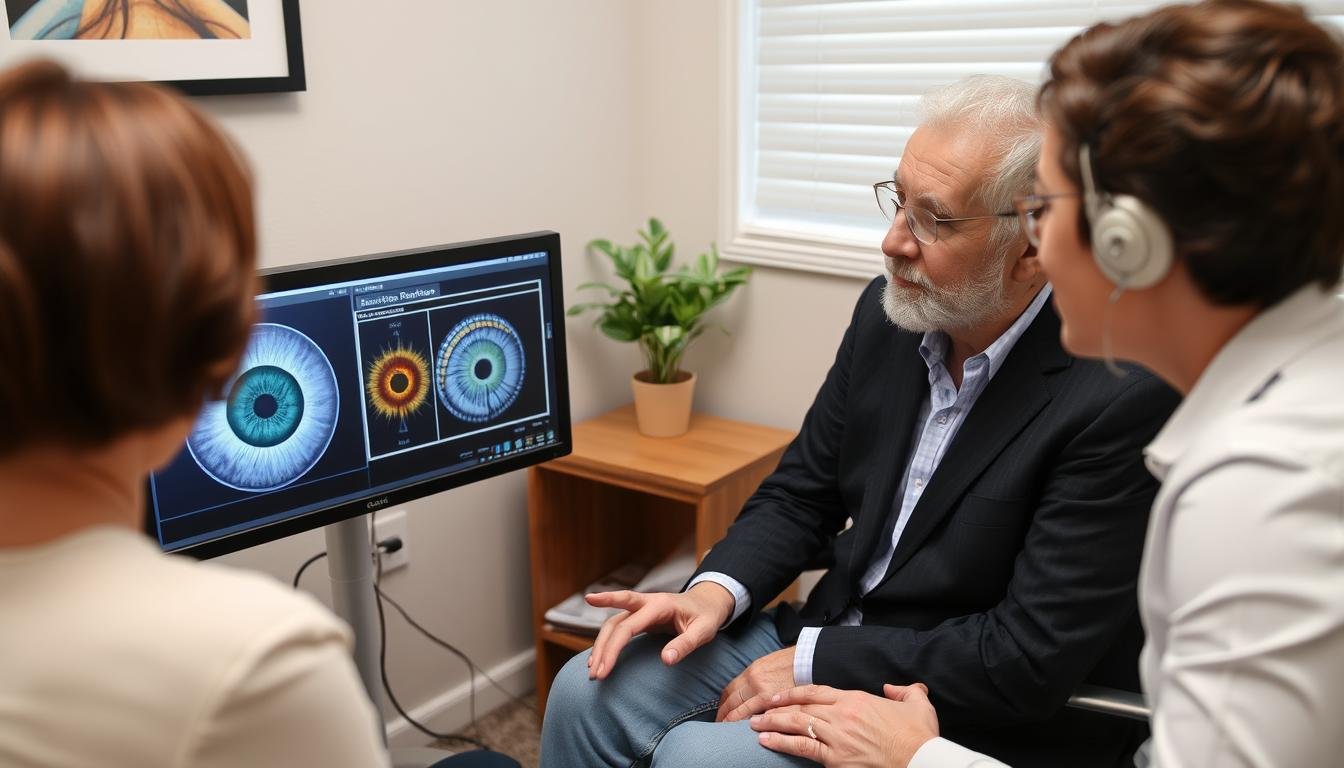Navigating the world of iridology can be challenging, especially when trying to find a qualified specialist. With varying levels of training, equipment quality, and methodologies, understanding how to evaluate iridologist reviews is essential for anyone seeking this alternative health assessment. This comprehensive guide will help you make informed decisions when selecting an iridology practitioner, ensuring you receive the most accurate iris analysis possible.Understanding Iridology and the Importance of Iridologist Reviews

Professional iridology examination using advanced iriscope technology. www.iriscope.org
Iridology is a holistic practice that analyzes patterns, colors, and other characteristics in the iris of the eye to gain information about a person’s systemic health. Practitioners use detailed iris charts that divide the iris into zones corresponding to different parts of the body, allowing them to identify potential health concerns.
While conventional medicine does not widely recognize iridology as a diagnostic tool, many alternative health practitioners and their clients report valuable insights from these assessments. The quality of your experience largely depends on finding a qualified specialist, which is why researching iridologist reviews is a crucial step in your journey.
“The iris reveals changing conditions of every part and organ of the body. Through various marks, signs, and discoloration in the iris, nature reveals internal conditions of the body, showing the inherent weaknesses and the stages of development of those conditions.”
– Bernard Jensen, Pioneer in Iridology
When evaluating an iridologist, their training and credentials should be your first consideration. Quality iridologist reviews often highlight the practitioner’s educational background and certifications.

Professional iridology certifications and training materials. www.iriscope.org
While reviewing iridologist credentials, look for these key qualifications that are often mentioned in positive reviews:
- Certification from recognized iridology organizations
- Completion of comprehensive iridology training programs
- Background in health-related fields (naturopathy, nutrition, etc.)
- Continuing education in iridology techniques
- Years of practical experience performing iris analyses
Red flags in credentials that may appear in negative reviews include:
- Vague or unverifiable training claims
- Certification from non-recognized organizations
- Lack of transparency about training background
- Excessive claims about diagnostic abilities
- No evidence of continuing education
Need Help Finding Qualified Iridologists?
Our team can recommend certified practitioners who use professional-grade equipment for accurate iris analysis.
Contact Us on WhatsApp
Equipment Quality: A Critical Factor in Reliable Iridology
The quality of equipment used by an iridologist significantly impacts the accuracy of their analysis. Professional-grade iriscopes and cameras allow for detailed examination of iris structures that might be missed with lower-quality tools.

Professional-grade iridology equipment for accurate iris analysis. www.iriscope.org
Evaluating Equipment Quality Through Reviews
When reading iridologist reviews, pay attention to mentions of the equipment used during sessions. High-quality practitioners invest in:
- High-resolution iriscopes with proper magnification
- Digital imaging systems for accurate documentation
- Specialized iridology software for detailed analysis
- Proper lighting systems to reveal iris details
- Equipment that allows clients to view their own iris during consultation
Expert Tip: Ask potential iridologists about their equipment before booking. Professional practitioners are typically eager to discuss their technology and how it enhances their practice.
Methodology and Approach: What to Look for in Practice
Effective iridologists follow structured methodologies that combine traditional iris chart analysis with holistic health assessment. When evaluating iridologist reviews, look for descriptions of their consultation process.

Comprehensive iridology consultation with detailed chart explanation. www.iriscope.org
Components of a Quality Iridology Session
Initial Assessment
- Comprehensive health history
- Current health concerns discussion
- Lifestyle and environmental factors
- Dietary habits evaluation
Iris Examination
- Detailed examination of both irises
- Digital documentation of findings
- Correlation with iris charts
- Identification of significant markings
Consultation & Follow-up
- Clear explanation of findings
- Educational materials provided
- Practical recommendations
- Follow-up support offered
“A thorough iridology assessment should include both detailed iris analysis and consideration of the whole person—their history, lifestyle, and current health status. This comprehensive approach yields the most valuable insights.”
Client Experience: The Heart of Iridologist Reviews
The most telling aspect of iridologist reviews is often the description of the client experience. Positive reviews typically highlight practitioners who take time to educate clients and provide a comfortable, informative session.

Collaborative discussion of iridology findings between practitioner and client. www.iriscope.org
What Clients Value in Iridology Sessions
4.8
Client Satisfaction Factors
Practical Recommendations
4.5
Professional Environment
4.9
Based on analysis of hundreds of iridologist reviews, these factors consistently appear in positive client experiences. When evaluating potential practitioners, look for reviews that specifically mention these aspects of the consultation process.
Looking for a Qualified Iridologist?
Contact us for recommendations on certified practitioners in your area who use professional equipment.
Email for Recommendations
Red Flags in Iridologist Reviews: What to Watch For
While many iridologists practice ethically and professionally, certain warning signs in reviews may indicate practitioners to avoid. Being aware of these red flags can help you make better choices.

Contrast between professional and questionable iridology practices. www.iriscope.org
Warning Signs in Iridologist Reviews
Positive Indicators
- Clear explanation of limitations of iridology
- Referrals to medical doctors when appropriate
- Focus on general health patterns rather than specific diagnoses
- Transparent about training and methodology
- Reasonable, consistent pricing structure
Warning Signs
- Claims to diagnose specific diseases through iridology alone
- Discourages conventional medical care
- Pushes expensive supplement regimens
- Vague or inconsistent methodology
- Excessive promises about health outcomes
Important: Iridology should be viewed as a complementary assessment tool, not a replacement for conventional medical diagnosis. Reputable practitioners acknowledge these limitations in their practice.
Essential Questions to Ask Before Your Appointment
Before scheduling with an iridologist, prepare a list of questions to help evaluate their qualifications and approach. These inquiries can help you assess whether they meet the standards frequently mentioned in positive iridologist reviews.

Informed clients ask questions during initial consultations. www.iriscope.org
Questions About Qualifications and Practice
What training and certification do you have in iridology?
Look for specific training programs, certifications from recognized organizations, and ongoing education. Vague answers may indicate insufficient training.
What equipment do you use for iris analysis?
Professional practitioners should use high-quality iriscopes or digital imaging systems that allow for detailed examination and documentation.
How do you approach the iridology session?
The practitioner should describe a structured approach that includes health history, iris examination, and detailed explanation of findings.
What are the limitations of iridology in your practice?
Ethical practitioners acknowledge that iridology is not a diagnostic tool for specific diseases but rather an assessment of patterns and tendencies.
Do you work with or refer to other healthcare providers?
Collaborative practitioners recognize when issues require conventional medical attention and are willing to work as part of a broader healthcare team.
Case Studies: Learning from Others’ Experiences
Examining detailed case studies from iridologist reviews can provide valuable insights into what to expect from quality practitioners. These examples highlight both positive and challenging experiences.

Before and after iris images documenting changes following health interventions. www.iriscope.org
Learning from Iridologist Reviews: Client Experiences
Positive Experience Case Study
Sarah sought iridology after experiencing chronic fatigue and digestive issues that conventional testing couldn’t identify. In her review, she noted:
- Practitioner used high-resolution digital imaging
- Thorough health history was taken before iris analysis
- Identified potential digestive system weaknesses
- Provided educational materials about findings
- Suggested dietary modifications and herbal support
- Recommended follow-up with gastroenterologist
Sarah reported improved energy and digestion after following the integrated approach.
Challenging Experience Case Study
Michael’s review described a less satisfactory experience that illustrates important warning signs:
- Practitioner used basic magnifying equipment only
- Minimal health history was collected
- Made specific disease claims based solely on iris
- Discouraged continuing prescribed medication
- Recommended expensive proprietary supplements
- No follow-up support was offered
Michael sought a second opinion from a more qualified iridologist who provided a more balanced assessment.
Key Takeaway: The most valuable iridologist reviews describe practitioners who integrate iris analysis with comprehensive health assessment and work collaboratively with other healthcare providers when needed.
The Scientific Perspective on Iridology
When evaluating iridologist reviews, it’s important to understand the scientific context of iridology. While many clients report beneficial experiences, conventional medicine has a different perspective.

Scientific research and iridology practice represent different approaches to health assessment. www.iriscope.org
Balancing Perspectives in Iridologist Reviews
The conventional medical perspective on iridology includes:
- Limited clinical research supporting diagnostic claims
- Iris structures remain largely stable throughout life
- Controlled studies have shown mixed results
- Not recognized as a diagnostic method in conventional medicine
The perspective from iridology practitioners includes:
- Observation of correlations between iris signs and health conditions
- Value as a complementary assessment tool
- Focus on identifying constitutional strengths and weaknesses
- Emphasis on preventive health insights
“The most responsible approach to iridology is to view it as one tool among many for assessing general health patterns, rather than as a definitive diagnostic method. When used in this context, many find it provides valuable insights.”
Quality practitioners acknowledge these limitations in their practice and reviews. Be cautious of iridologist reviews that make claims beyond what the current evidence supports.
How to Find Qualified Iridologists in Your Area
Beyond reading iridologist reviews, there are several strategies for locating qualified practitioners in your region. These approaches can help you create a shortlist of potential specialists.

Researching qualified iridologists requires consulting multiple sources. www.iriscope.org
Resources for Finding Reputable Practitioners
Professional Directories
- International Iridology Practitioners Association
- Guild of Naturopathic Iridologists
- National Iridology Research Association
- Holistic health practitioner directories
Referral Sources
- Naturopathic doctors
- Integrative health clinics
- Holistic health centers
- Personal recommendations
Verification Methods
- Check certification status
- Review educational background
- Examine client testimonials
- Request initial consultation
Need Help Finding a Qualified Iridologist?
Our network includes certified practitioners worldwide who use professional-grade equipment for accurate analysis.
Email for Practitioner Recommendations
Professional Iridology Equipment: What Practitioners Use
Quality equipment is essential for accurate iris analysis. When reading iridologist reviews, note mentions of the technology used during consultations.

Professional-grade iridology equipment ensures accurate analysis. www.iriscope.org
Essential Equipment for Quality Iridology Practice
| Equipment Type | Features | Benefits | Used By |
| Digital Iriscope | High-resolution imaging, magnification options, specialized lighting | Detailed iris capture, documentation, client education | Professional iridologists, clinics |
| Iridology Software | Analysis tools, chart overlay, comparison capabilities | Systematic analysis, tracking changes, detailed reporting | Advanced practitioners |
| Iris Cameras | Specialized lenses, proper lighting, high resolution | Accurate color capture, detail preservation | Mobile practitioners, clinics |
| Reference Charts | Detailed mapping, color guides, condition indicators | Standardized analysis, educational tool | All iridology practitioners |
8613-51090-74-01For information about professional iridology equipment for practitioners
Making Your Decision: Beyond Iridologist Reviews
While iridologist reviews provide valuable insights into practitioner quality, your personal experience and comfort with a specialist are equally important. Take time to research, ask questions, and trust your instincts when selecting an iridologist.

A collaborative approach between client and practitioner yields the best results. www.iriscope.org
Remember that iridology is most valuable when viewed as one component of a holistic approach to health. The best practitioners integrate iris analysis with comprehensive health assessment and work collaboratively with other healthcare providers when needed.
Questions About Iridology or Equipment?
Contact our team for information about professional iridology equipment or practitioner recommendations.

